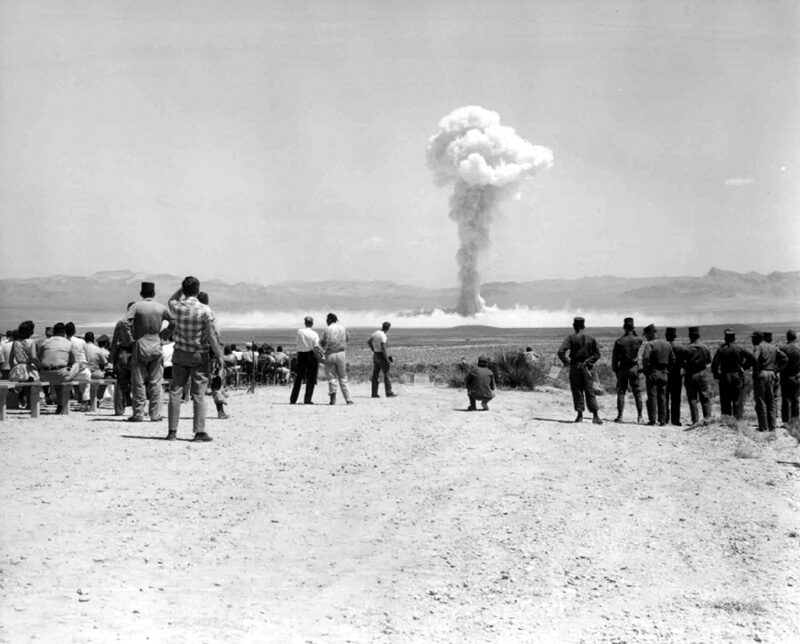This checklist is for people who aren’t autistic (or whose autistic traits differ from those of their child/charge) to understand what may upset an autistic person, and cause them distress.
Tag: meltdown
When you have a meltdown it’s as if the world is ending. Everything is too much, and you feel like an overwhelming darkness has engulfed your very being. Irrepressible anger that may seem completely irrational to an outsider can be inwardly devastating us internally.
“If the dynamic of autistic burnout really is related to spending more resources coping than one has, I’m not sure the real leverage in avoiding burnout resides with the autistic person alone.”
Maxfield Sparrow unstrangemind.com Photo © 2017, Maxfield Sparrow [image description: a turtle in the middle of the road on a hot, sunny day. His skin is dark with bright yellow stripes and his shell is ornate, covered with swirls of dark brown against a honey-yellow background. The turtle is rushing to get across the street and his back leg is extended from the speed and force of his dash toward freedom.] I hate meltdowns. I hate the way they take over my entire body. I hate the sick way I feel during a meltdown and I hate the long recovery time—sometimes minutes, but just as often entire days—afterward, when everything is too intense, and I am overwhelmed and exhausted and have to put my life on hold while I recover. I hate the embarrassment that comes from a meltdown in front of others. I hate the fear that bubbles up…
Elizabeth Bartmess elizabethbartmess.com This is a three-part series. Part II explores Diversity in Autistic Characteristics and Demographics. Part III explores Setting, Plot, and Character Growth. “A lot of writers and actors seem to be able to get their heads around what autism basically is, in terms of language, sensory, and social communication difficulties. But then it’s as if they don’t know, or can’t extrapolate to, the full range of experiences that autistic people actually live. That things have happened to us, and things have happened in certain ways for us all our lives, and those things have had consequences for who we become and who we are….[T]he autistic characters [readers and viewers] are used to seeing have no depth of experience. They are people without history.” —Chavisory, at Chavisory’s Notebook This series is about what autistic characters look like when they’re written well, when they have the depth of experience…
Crystal Garrett Snoopy Souce: www.peanuts.com [image: the cartoon dog Snoopy, doing the “Snoopy Dance.”] Zachary’s laughter has been called infectious. One specialist even opined it sounded much like Charles Schultz’s famous character, Snoopy. Those breath-taking sounds of pure joy that burst forth from deep inside his belly are a special treat these days. Zachary doesn’t laugh much anymore. There’s a reason my six-year-old’s giggles have been replaced by meltdowns. And his story deserves to be told because he is not alone: There are many traumatized autistic children just like him—their stories must be heard, too. And if we have any compassion, we must listen to them. This is Zachary’s story. It was only the third day of first grade — Aug. 26, 2015 — that my child was involuntarily committed to a hospital more than two hours from my home. Zachary had not been properly diagnosed yet, but we would…
There really are no good articles on how to help an autistic person process grief. It is with this hole in mind that I create this article.





